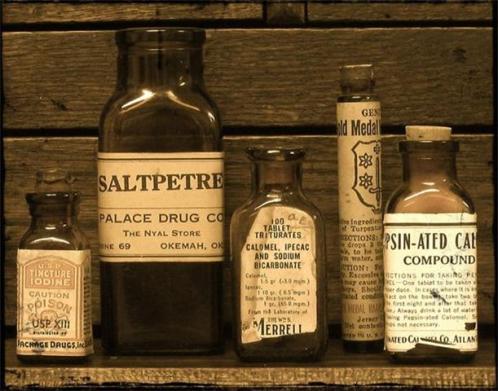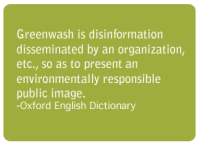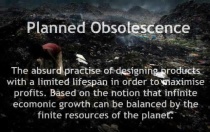Strathclyde University scientists end marabu weed nightmare

Marabu has sprung up on land abandoned after the decline of Cuba's sugar industry
It was the plant that had nothing going for it.
Once an innocent and attractive import from Africa, marabu likes the fertile soil of Cuba rather too much.
The woody shrub was brought to the Caribbean because of its attractive flowers, but when the collapse of the Soviet bloc led to the decline of the Cuban sugar industry it left thousands of hectares of land open to weeds.
Marabu was quick to take advantage. At the last count, it covered 1.7 million hectares of once-productive land.
Marabu wood is no good for building. It’s too smoky for cooking or heating. It doesn’t even float.
It was pretty much useless – until Strathclyde University’s engineering faculty got their hands on it.
Excellent filter
According to Prof Peter Hall, he and his colleagues started “playing” with it. At the end of the process they found they had produced high-quality activated carbon for a fraction of the cost of similar materials.
Professor Hall holds up a small plastic vial containing a few grams of marabu carbon. Each tiny shard contains millions of microscopic holes.
“That,” he says, “has a surface area equivalent to the city of Glasgow.”
 Scientists at Strathclyde have used marabu to create a filter for rum, whisky and even water
Scientists at Strathclyde have used marabu to create a filter for rum, whisky and even waterIt’s a characteristic that makes it an excellent filter. Cuba currently spends millions of dollars importing activated carbon for use in its rum industry. Marabu carbon could do the job instead. The process could also be applied to gin, vodka, whisky – or to produce clean drinking water in the developing world.
But that’s not the half of it. Ground down and mixed with a polymer base, it can be painted onto aluminium to create lightweight electrodes.
Working with colleagues at St Andrews University, the Strathclyde engineers are using them to make cells for lithium-oxygen batteries which are fifteen times thinner and lighter than existing ones. They’re rechargeable and non-toxic.
Scientific mission
Possible uses include electric cars that weigh less and can travel further between charges.
The Strathclyde engineers are also using marabu carbon to take a step beyond batteries to super capacitors. They carry a bigger charge and pack more power than ordinary capacitors. Their applications range from running mp3 players to powering buses.
The Scottish-Cuban research project began after a scientific mission funded by Scottish Development International introduced Scottish experts to Cuban government ministers.
From the collapse of the USSR to slimmer, lighter mobile phones and better tasting cocktails?
Some of these developments will take years to make it to the marketplace.
But if they’re a commercial success the Cubans may have to start farming the weed nobody wanted.
Source: BBC News

Marabú Flowers




















